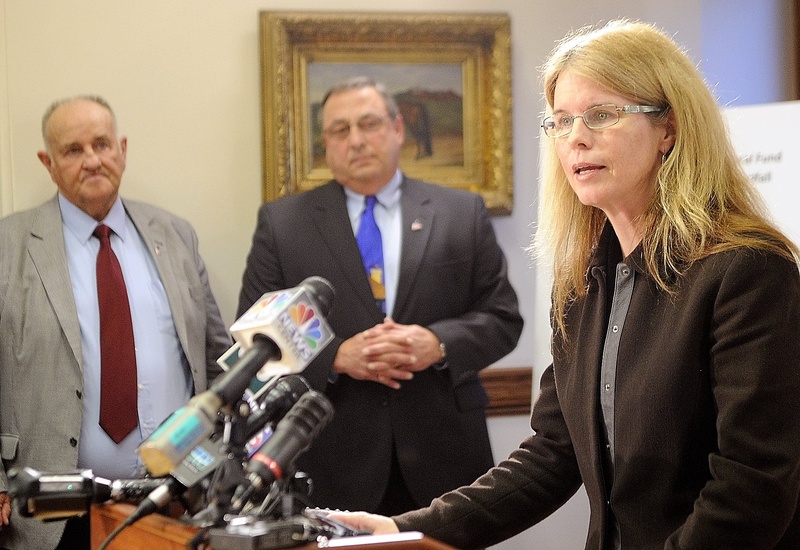It’s ironic to see an administration that harps on establishing a culture of responsibility trying to get others to pay for its mistake. But that’s what we have in Maine. Fortunately, the U.S. Department of Agriculture isn’t letting the state get away with it.
Here’s the situation: Maine officials in the Department of Health and Human Services mismanaged the Supplemental Nutrition Assistance Program, commonly known as “food stamps,” by continuing to pay enhanced benefits after special stimulus funding expired. As a result, about 70,000 families continued to get the slightly enhanced benefits.
The mistake cost about $4.8 million, which is a lot of money, even for the government. But, it’s not the end of the world, either. The money didn’t wind up in anyone’s Swiss bank account. Food stamps go to the neediest families who immediately spend the aid in local stores, circulating it in the local economy. It’s a good way to help people out in hard times.
But the recipients received letters informing them that their benefits would be cut so the state could recoup its overpayment. It came to about $80 per family, which as a percentage of the state budget is a tiny number. But $80 is a genuine hardship to a family that is eligible for food assistance.
In a letter to the state, the USDA said it would absorb about $2 million of the state’s error, but Maine would have to pick up the rest. DHHS is specifically instructed not to try to collect it from the participants.
Rather than take steps to make sure that multimillion-dollar mistakes are not made again, DHHS Commissioner Mary Mayhew announced Thursday that the state will appeal the decision to the federal government.
That would be as much a waste of staff time and state money as the recent lawsuit attempting to force the federal government to make a quick decision on Maine’s request for a waiver allowing it to balance the budget by dropping nearly 30,000 people from the Medicaid program. The court dismissed the suit, as it should do with this one.
If the LePage administration was serious about saving money, it would take a harder look at how it is spent by DHHS instead of just demonizing the poor. The appeal of this decision apparently shows that taking responsibility is for others where the administration is concerned.
Send questions/comments to the editors.



Success. Please wait for the page to reload. If the page does not reload within 5 seconds, please refresh the page.
Enter your email and password to access comments.
Hi, to comment on stories you must . This profile is in addition to your subscription and website login.
Already have a commenting profile? .
Invalid username/password.
Please check your email to confirm and complete your registration.
Only subscribers are eligible to post comments. Please subscribe or login first for digital access. Here’s why.
Use the form below to reset your password. When you've submitted your account email, we will send an email with a reset code.